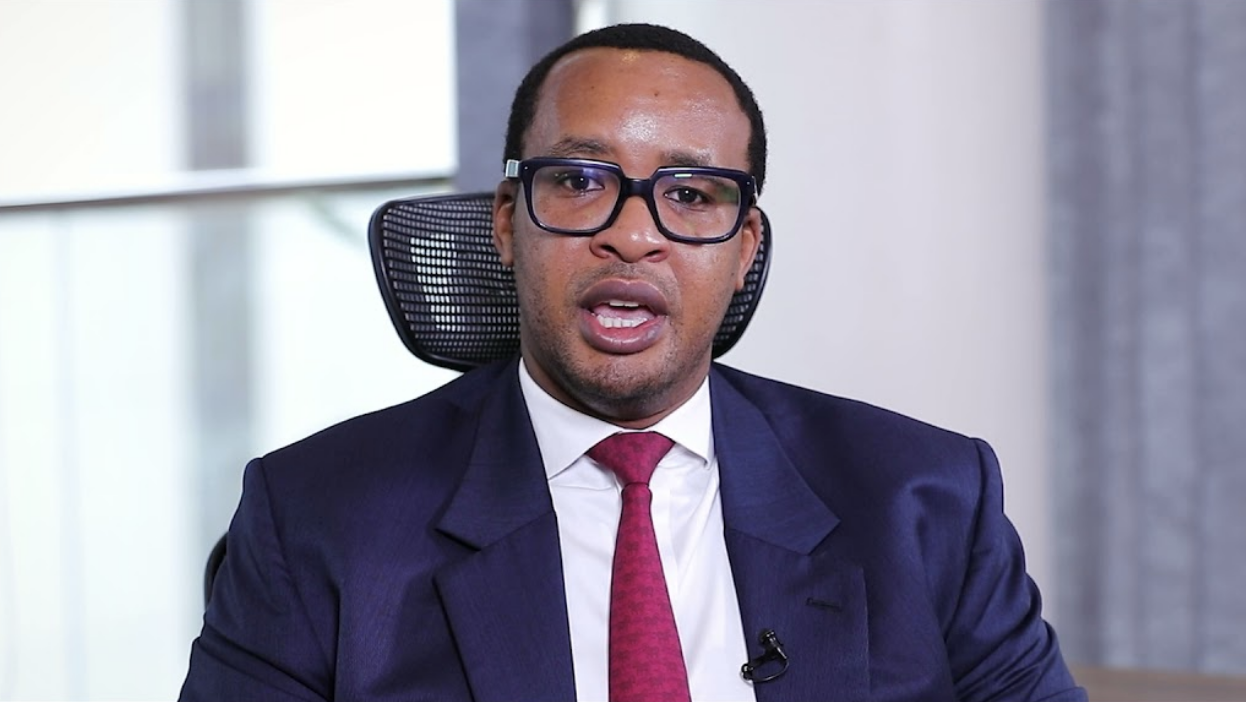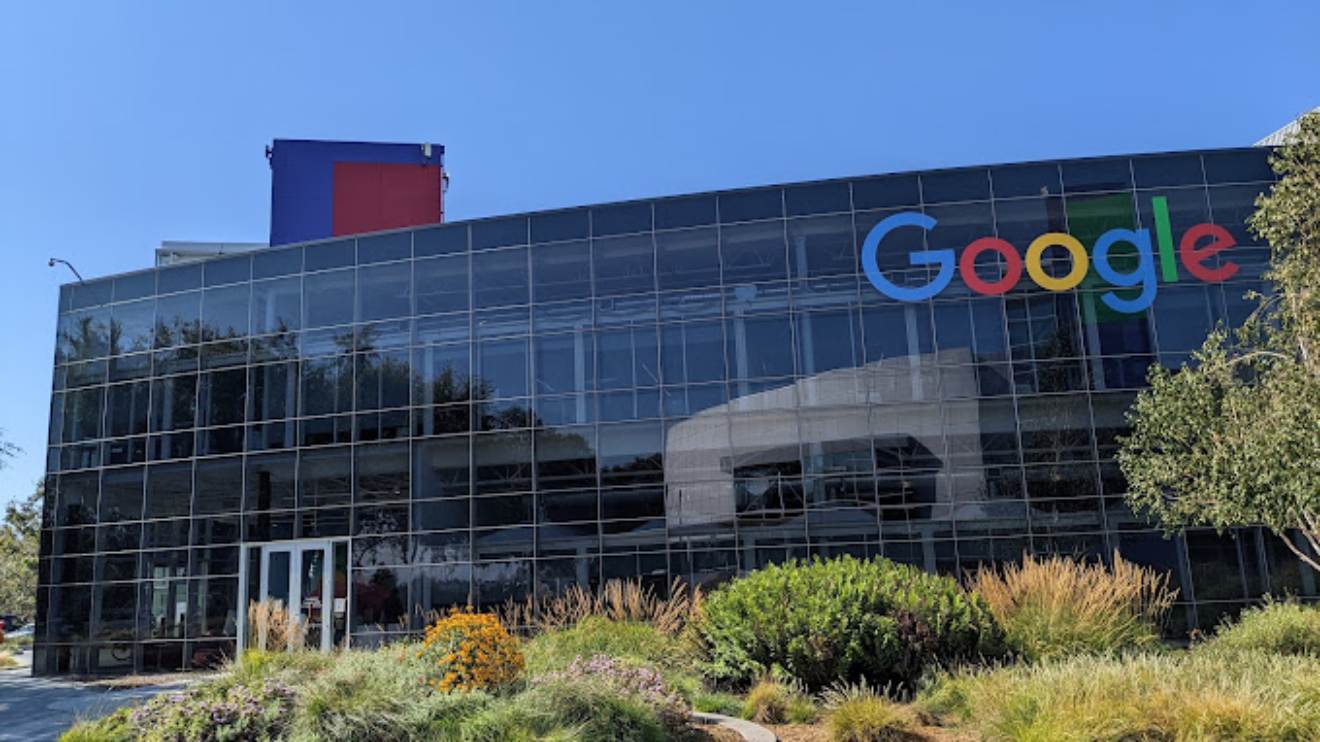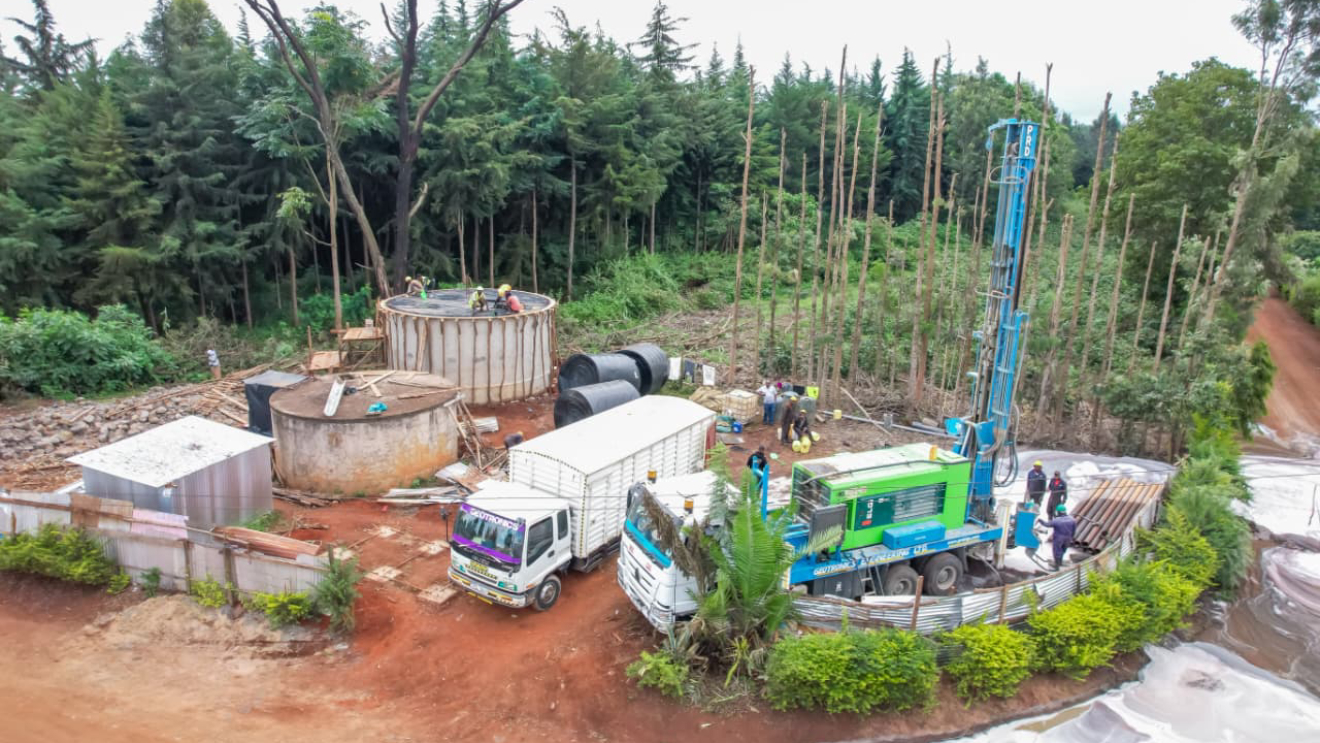President William Ruto has said that the government will not borrow any more money for salaries and recurring expenditure.
Ruto said that on Tuesda,y during the release of the performance contracting report when he addressed the issue of delayed salaries, acknowledging that it was the first time such an issue had occurred.
However, the president also noted that it was the first time the country had experienced such monumental debts.
Ruto assured the country that this issue was being managed and that the government had turned a corner.
"It is the first time that we are having deliveries, yes it is the first time…but it's also the first time we are having such monumental debts," Ruto said.
Read More
“I want to assure the country that that is managed we are turned the corner”
He reiterated their commitment not to borrow money to spend on recurrent expenditure, including salaries.
The government would instead look to taxes to fund its operations. The Kenya Revenue Authority was commended for its efforts in collecting taxes, with the president noting that they were at 95 per cent of their commitment.
“All I assure the country is the commitment I made that we are not going to borrow money to spend on recurrent expenditure including salaries that is the position of the government of Kenya we will not do that,” Ruto said.
“We will look for our taxes and I want to commend the Kenya Revenue Authority for what they are doing they are today.”
.jpg)
The head of state acknowledged that there were challenges in collecting taxes, particularly from those not used to paying them.
However, he emphasized that everyone would have to pay taxes, as the country could no longer function like an animal farm.
Ruto indicated that the issue of delayed salaries was now behind the country, and they were moving in the right direction.
The government would pay salaries from its own resources and carry out its current expenditure using its own resources.
The fiscal deficit had been reduced to 5.7 per cent, and the target was to reduce it to 5 per cent the following year and 4.4 per cent the year after that.
The government aimed to work within the parameters of the resources available as it grew its own tax revenue.

-1681286320.jpg)










